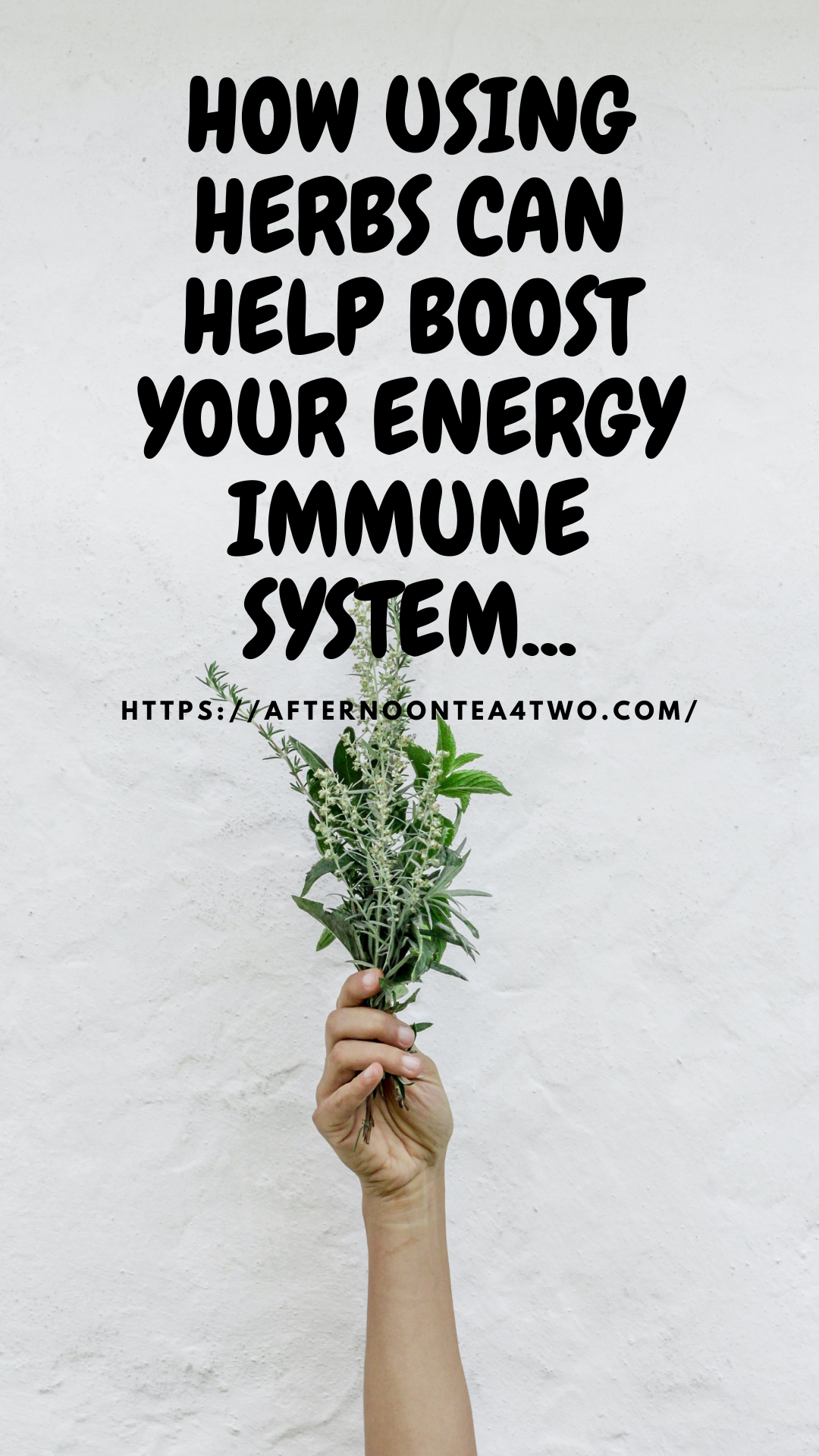Herbs can definitely help boost your immune system but which ones give you energy as well?
Stylist Magazine wrote that throwing a few herbs on a plate of chips won’t make much difference to your immune system, but including them in your diet will help.
From tearing some basil leaves onto your pasta to stuffing handfuls of coriander into a falafel mix, herbs are go-to cooking device. They make even the most bland dish more palatable with their rich flavours and colours. But did you also know that herbs are incredibly nutritious? In fact, some of these little leaves can offer more vitamins and minerals than what you might consider to be “proper” more substantial foods.
Well before we started cooking with mint and parsley, these plants were celebrated for the medicinal properties. Science, however, has now proved that many of them boast incredible health benefits.
“Using fresh herbs and spices in cooking is one way to diversify your plant-based food intake,” explains Tai Ibitoye, registered dietitian and nutritional researcher. This is great because it allows you to “feed gut microbes and increase their diversity.”
If you were to compare 100g of herbs and 100g of vegetables, “dried herbs and spices average the greatest amount of antioxidants of any food category,” says Bajekal. “While we use small amounts, they may still be important contributors to overall antioxidant intake, especially as they are used liberally in a number of cuisines.”
While herbs may be rich in B vitamins, they don’t contain them at the same level as many veg. “B vitamins are extremely important in making sure that the cells in our body are functioning properly as they help to convert food into energy, create new blood cells and maintain healthy cells,” says El-Shafi. “Replacing vegetables with herbs would mean you’re taking in very little B vitamins and could lead to a weak immune system.”
Your best bet is to use herbs to enhance the nutrition and flavour of dishes without relying on them entirely. We need to be eating them “as part of our diet in addition to fruits, vegetables, wholegrains and legumes,” Ibitoye stresses. “Adding seasoning may enhance vitamins and mineral content of dishes slightly but not significantly as a lot would need to be included in cooking.”
For maximum flavor and nutrition, you want to pick your herbs right before you use them. It’s the same with fresh veg too; if you let fresh produce just sit in your fridge, you’re allowing all those nutrients to die. Bajekal explains: “A good rule of thumb is to choose good quality herbs that have a pleasant smell. Fresh herbs tend to have a shelf-life of around five days (refrigerating them can decrease the vitamin C content) whereas dried herbs have a shelf-life of around six months to up to a year depending on the type of herb and the way it is stored.”
5 HERO HERBS EVERYONE SHOULD EAT MORE OF
GINGER OR TURMERIC FOR A KICK
BASIL FOR ALL THE NUTRIENTS
PARSLEY FOR ENERGY
SPEARMINT FOR BLOATING
CORIANDER FOR A VITAMIN C BOOST
Source: Stylist Magazine




